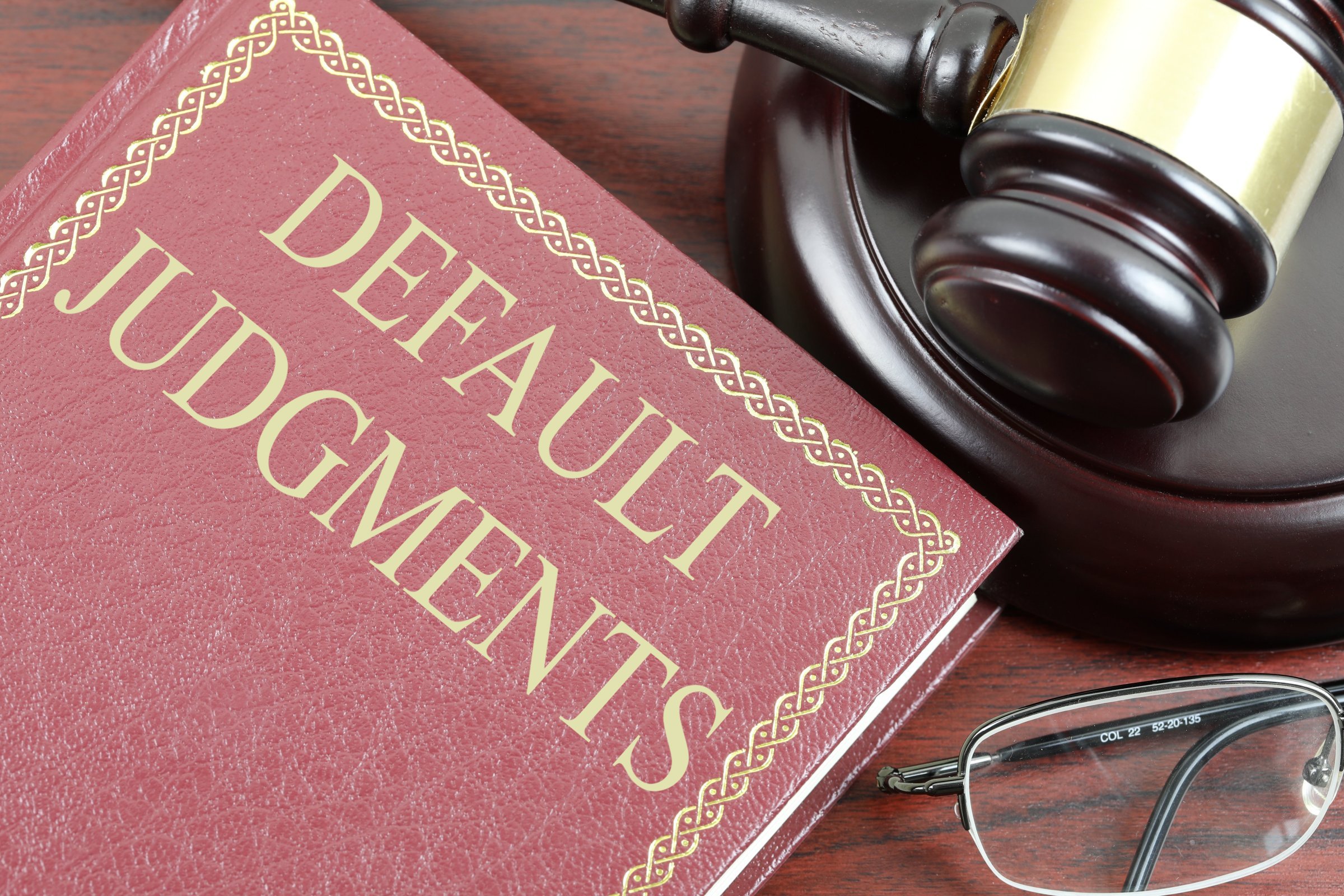
Unraveling Civil Law: Understanding Jurisdiction in Legal Matters
Civil law governs a wide array of legal disputes between individuals, organizations, and entities. At the heart of civil law lies the concept of jurisdiction, which determines a court’s authority to hear and decide a case. In this comprehensive guide, we’ll explore the intricacies of personal jurisdiction, subject matter jurisdiction, federal jurisdiction, diversity jurisdiction, and provide clarity on jurisdiction definition.
Deciphering Personal Jurisdiction
Personal jurisdiction refers to a court’s authority over the parties involved in a legal dispute. In civil cases, a court must have personal jurisdiction over the defendant, meaning that the defendant must have sufficient contacts with the jurisdiction where the court is located for the court to exercise its authority. These contacts may include residing, doing business, or committing a legal wrong within the jurisdiction.
Navigating Subject Matter Jurisdiction
Subject matter jurisdiction pertains to a court’s authority to hear cases of a particular type or subject matter. Different courts have varying degrees of subject matter jurisdiction, depending on their jurisdictional limitations imposed by law. For example, a family court may have subject matter jurisdiction over divorce and child custody cases, while a probate court may have jurisdiction over matters related to wills and estates.
Exploring Federal Jurisdiction
Federal jurisdiction refers to a court’s authority to hear cases involving federal law, the United States Constitution, or disputes between parties from different states. Federal courts have limited subject matter jurisdiction and can only hear cases authorized by the Constitution or federal statutes. Examples of cases falling under federal jurisdiction include those involving federal crimes, bankruptcy, and disputes between citizens of different states.

Understanding Diversity Jurisdiction
Diversity jurisdiction is a specific type of federal jurisdiction that allows parties from different states to bring their disputes to federal court. To invoke diversity jurisdiction, the parties must be citizens of different states and the amount in controversy must exceed a certain threshold set by law. Diversity jurisdiction aims to ensure fairness and impartiality in cases where parties may be biased against one another due to their state citizenship.
Clarifying Jurisdiction Definition
In its simplest form, jurisdiction definition refers to a court’s authority to hear and decide a case. However, jurisdiction can be further categorized into personal jurisdiction and subject matter jurisdiction, each of which plays a critical role in determining whether a court has the power to adjudicate a particular dispute. Understanding jurisdiction is essential for litigants, attorneys, and judges alike to ensure that legal proceedings are conducted within the bounds of the law.
FAQs: Common Questions about Jurisdiction
Q: What is personal jurisdiction, and why is it important?
A: Personal jurisdiction refers to a court’s authority over the parties involved in a legal dispute. It is important because a court must have jurisdiction over the defendant to render a valid judgment in a civil case.
Q: What is subject matter jurisdiction, and how does it differ from personal jurisdiction?
A: Subject matter jurisdiction pertains to a court’s authority to hear cases of a particular type or subject matter. Unlike personal jurisdiction, which focuses on the parties involved, subject matter jurisdiction concerns the nature of the legal dispute itself.
Q: How does federal jurisdiction differ from state jurisdiction?
A: Federal jurisdiction applies to cases involving federal law, the United States Constitution, or disputes between parties from different states, while state jurisdiction encompasses all other legal matters within the jurisdiction of state courts.
Q: What is diversity jurisdiction, and when does it apply?
A: Diversity jurisdiction allows parties from different states to bring their disputes to federal court. It applies when the parties are citizens of different states and the amount in controversy exceeds a certain threshold set by law.
Q: Why is jurisdiction important in legal proceedings?
A: Jurisdiction determines whether a court has the authority to hear and decide a case. Without jurisdiction, a court’s judgment may be void or unenforceable, emphasizing the critical role of jurisdiction in ensuring the fairness and legitimacy of legal proceedings.